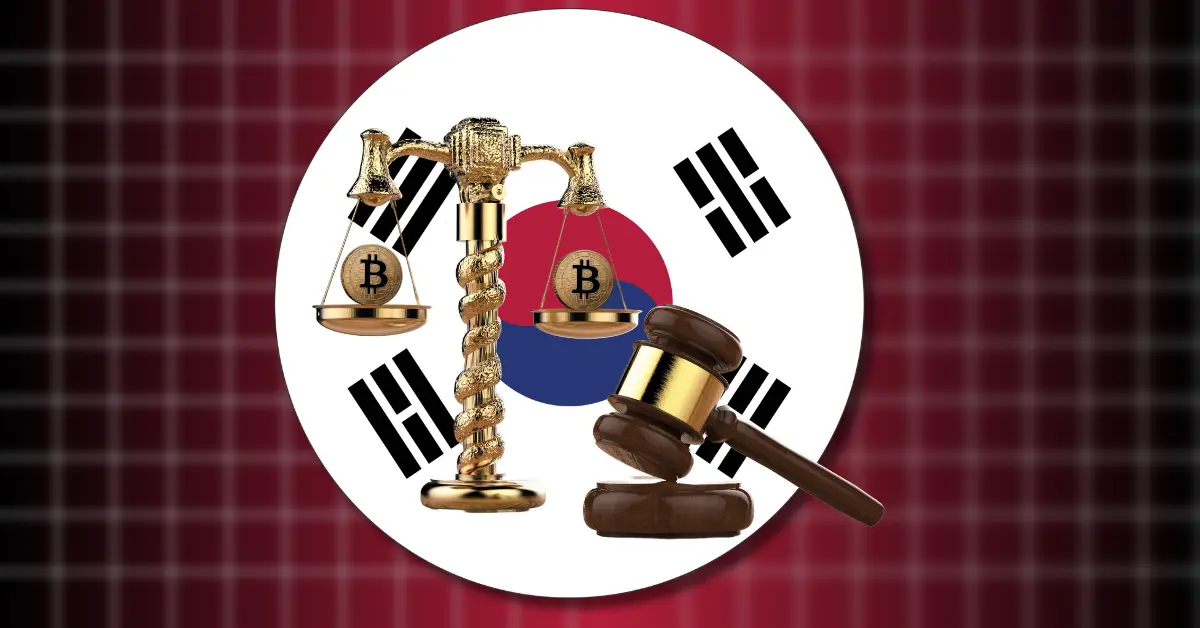
South Korea is taking significant steps toward the regulation and implementation of won-denominated stablecoins. The Financial Services Commission (FSC) is preparing to submit a new bill to the National Assembly this October as part of the second phase of the Virtual Asset User Protection Act. This legislation is set to establish comprehensive rules around issuance processes, collateral management, and internal controls for these digital assets.
Major Players Back Won-Based Stablecoins
As interest in won-pegged stablecoins grows, eight of South Korea’s largest banks, including KB Kookmin, Shinhan, Hana, and Woori, have announced their plans to launch these financial tools. A potential joint venture among the banks could emerge as early as late 2023 or early 2024, pending regulatory approvals. This move demonstrates the growing institutional backing of digital assets tailored to the South Korean economy.
At a dedicated stablecoin forum, Democratic Party lawmaker Park Min-gyu confirmed receiving an FSC report detailing plans for the development and implementation of won-based stablecoins. President Lee Jae-Myung, a vocal supporter of these financial instruments, has made stablecoins a key focus of his campaign promises, aiming to reduce reliance on the U.S. dollar and strengthen domestic financial infrastructure.
South Korea Versus Global Trends
Globally, stablecoins linked to national currencies are gaining traction. Japan is also making progress with its yen-backed stablecoin, led by fintech firm JPYC, which may receive regulatory approval as soon as this fall. Meanwhile, in the U.S., dollar-backed stablecoins continue to solidify their dominance.
To mitigate potential risks, the Bank of Korea advises that only regulated banks should initially issue won-denominated stablecoins. This approach aims to ensure stability and reduce currency risks while gradually extending opportunities to non-bank entities. The Senior Deputy Governor Ryoo Sang-dai emphasized that a cautious, phased rollout is essential.
Risks and Regulation
While stablecoins present opportunities for innovation in local finance, they also pose regulatory challenges. The Bank of Korea’s officials have stressed the importance of stringent policies to minimize currency-related risks and ensure secure issuance processes.
For those interested in the evolving cryptocurrency ecosystem in South Korea, these developments could signal a transformative era for both fintech companies and consumers. As discussions unfold in the National Assembly, the FSC-backed bill will likely shape the future of digital finance in the region.
Related Recommendation: If you’re exploring cryptocurrency trends or stablecoin technology, consider investing in Ledger Nano X Wallet to secure your digital assets. This premium hardware wallet is designed to keep your cryptocurrency safe from online risks.






